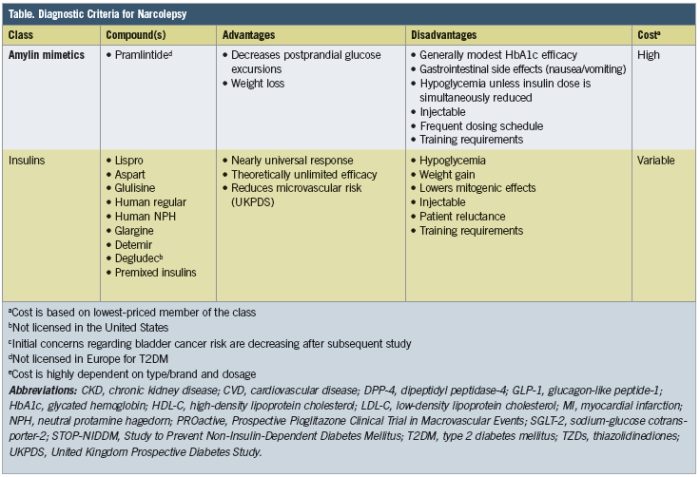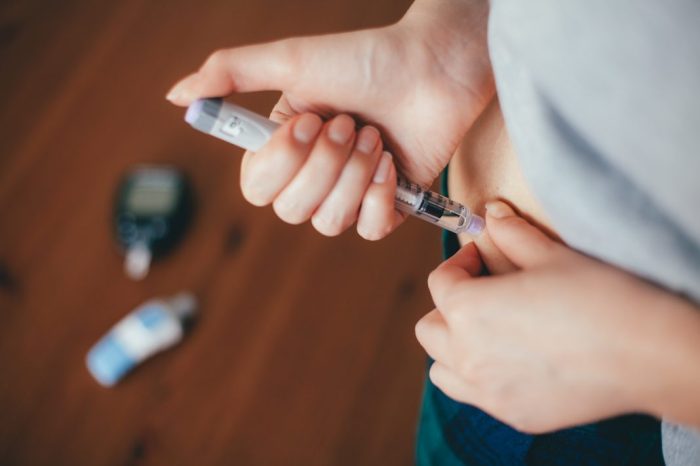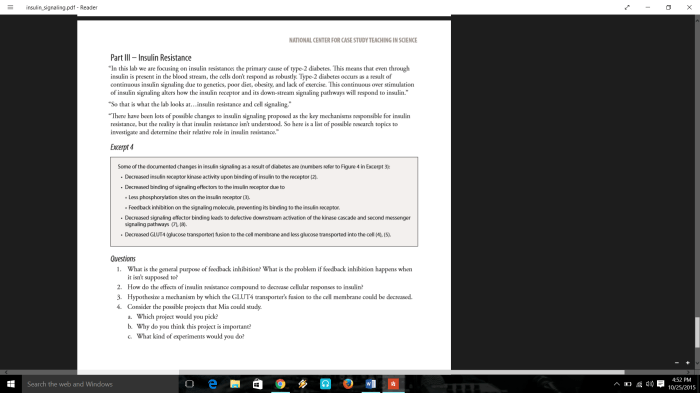Welcome to the comprehensive guide to diabetes and insulin signaling case study answers, where we delve into the intricacies of this condition and its impact on insulin signaling. This exploration promises to illuminate the pathophysiology, diagnosis, and management of diabetes, empowering you with a deeper understanding of this prevalent health concern.
Diabetes and insulin signaling are intertwined, and this case study unravels the complexities of their relationship. By examining real-world scenarios, we gain valuable insights into the mechanisms of insulin resistance and the rationale behind effective treatment plans.
Definition of Diabetes and Insulin Signaling

Diabetes is a metabolic disorder characterized by elevated blood glucose levels due to impaired insulin secretion, insulin action, or both. Insulin is a hormone produced by the pancreas that regulates glucose metabolism by promoting glucose uptake into cells.
In type 1 diabetes, the body produces little to no insulin, leading to absolute insulin deficiency. In type 2 diabetes, the body becomes resistant to insulin, resulting in relative insulin deficiency. Insulin resistance occurs when cells fail to respond appropriately to insulin, leading to impaired glucose uptake and utilization.
Insulin Signaling Pathway, Diabetes and insulin signaling case study answers
Insulin signaling involves a complex cascade of events that regulate glucose metabolism. Insulin binds to its receptor on target cells, leading to phosphorylation of insulin receptor substrates (IRS). Phosphorylated IRS activates downstream signaling pathways, including the PI3K/Akt pathway, which promotes glucose uptake by stimulating the translocation of glucose transporter GLUT4 to the cell membrane.
Clarifying Questions: Diabetes And Insulin Signaling Case Study Answers
What is the primary function of insulin?
Insulin is responsible for regulating blood glucose levels by facilitating the uptake of glucose into cells.
What is insulin resistance?
Insulin resistance occurs when cells become less responsive to insulin, leading to impaired glucose uptake and elevated blood sugar levels.
What are the key lifestyle modifications recommended for managing diabetes?
Lifestyle modifications include maintaining a healthy weight, engaging in regular physical activity, and adopting a balanced diet.
What is the role of healthcare professionals in managing diabetes?
Healthcare professionals play a crucial role in providing early diagnosis, patient education, ongoing monitoring, and interdisciplinary collaboration for comprehensive care.


